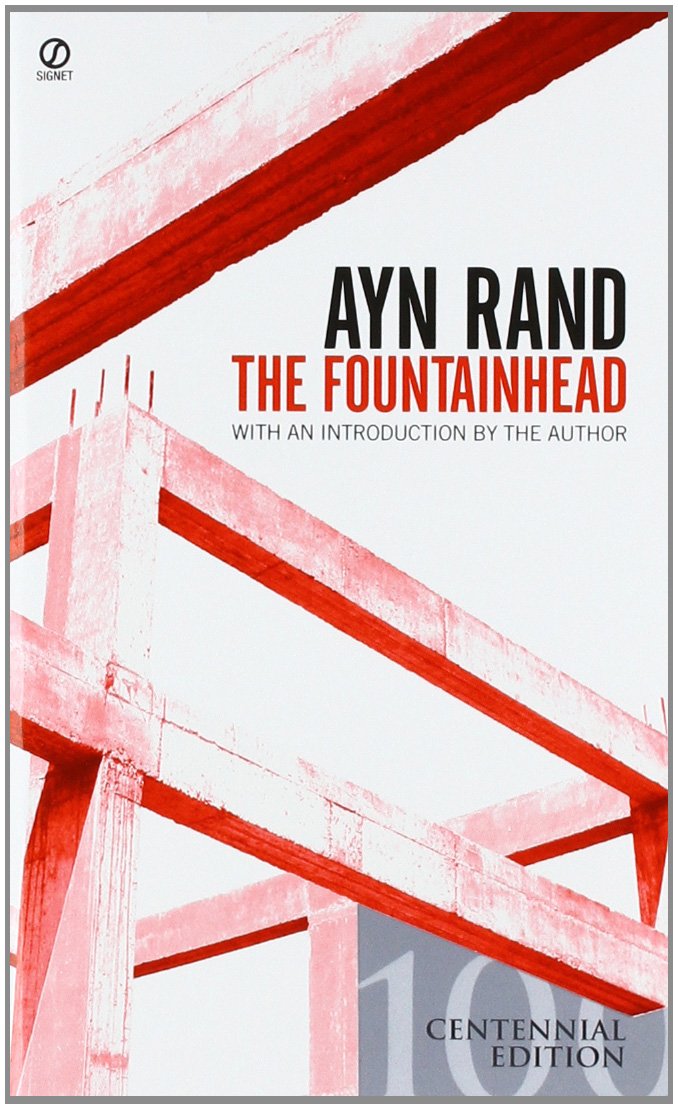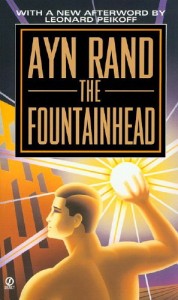Welcome to the Spot Writers segment for this week. This week’s contribution comes from Deborah Dera. The prompt for the past few weeks has been “magic brew,” and Deborah found it challenging to work the theme into her piece so far after the spooky Halloween season. She hopes this piece sparks a little bit of holiday magic.
Next week’s prompt will come from RC Bonitz, author of A LITTLE BIT OF BLACKMAIL, A LITTLE BIT OF BABY, and A BLANKET FOR HER HEART.
***
The Holiday Miracle
Desi sat quietly in the kitchen. The only light shining through the windows was from the street lamp outside, and even those weren’t so bright anymore. Everything seemed dim lately.
Arnold slept peacefully in their shared bed upstairs. He’d been out of work for 4 months, only doing odd jobs here and there to supplement his unemployment. Desi worked nights at the local truck stop and what they were making simply wasn’t enough. They were just barely scraping by before Arnold lost his job. Christmas was just a week away and it didn’t look like there would be much of a celebration for the kids this year.
Head in her hand, Desi sipped her decaf coffee. She’d get the kids up for school in about an hour, making them breakfast and shuffling them out the door before she could even think about lying down to get some rest for herself. Arnold, for all it was worth, would do his best around the house. He spent every morning scouring the paper and the web for new jobs and every afternoon cleaning and making dinner so Desi could eat with the kids before heading back out to work.
Still, things were starting to feel a little bit hopeless.
Desi quietly pushed back her chair and slipped into the dark living room, turning on the dimmest light she could find. She opened the hall closet and got down on her knees, reaching and feeling for the large wooden box she knew was tucked away in the back – the box her mother had given her before she had passed away. She would, from time to time, pull out the box and think of her mother when she was feeling sad.
Now, lying heavily on her lap, the box of keepsakes seemed more comforting than usual. Desi relaxed back against the wall, sitting on the floor with the box on her lap. She rubbed her hands over the top of the box, enjoying the cool feeling, before slowly lifting the heavy lid.
Inside were pictures of her mother with her children throughout the years. Desi slowly thumbed her way through the pile, savoring each memory. The box was filled with ribbons from extra special gifts, a few pieces of her mother’s jewelry, her Bible, and even a lock of her hair. Desi couldn’t help but feel like her mother was looking over her shoulder right at that moment.
As she rummaged through the box, she came across a small glass jar. When she was a child, Desi’s mother would occasionally mix some of her special blend of spices into her father’s tea. She would wink at Desi, telling her to keep it a secret. She said it turned the tea into a magic brew and would bring him good luck.
Desi chuckled to herself, wondering exactly what was in the jar. Opening the lid, she thought it smelled like a divine blend of spices – like a chai, but with something special about it, an underlying smell she couldn’t quite identify. As she enjoyed the aroma she wondered just what would happen if she mixed a bit into Arnold’s coffee this morning.
It was just a silly little wives tale, for luck, she thought. Or was it?
Smiling to herself, Desi set the jar aside and put the box back in its safe place in the closet. Arnold and the children would be up soon. She returned to the kitchen, turned the lights on, started the coffee pot, and set about making breakfast.
***
“Mama! It smells yummy in here,” her youngest, Jilly, said as she bounded into the kitchen, all pigtails and pre-K energy.
Even Mark and Elise, her 8 and 13 year olds, seemed to perk up a bit when they shuffled into the kitchen. Their eyes lit up as they surveyed the kitchen. Something seemed different about everyone’s attitude today – everyone was just a bit lighter. Elise even set the table without being asked, and Mark managed to get the juice from the fridge without spilling it.
Finally, Arnold made his way into the kitchen. He was freshly showered, and dressed – a routine he hadn’t stopped after losing his job. He had always insisted that falling out of a routine would make it more difficult to get back into one when he went back to work. Today, his eyes glistened as he leaned over to kiss Desi good morning.
“It smells particularly wonderful in here, darling. What’s different?”
“Nothing, really. I just found this old spice blend my mother had given me. I thought I’d save it because it reminded me of her, but then this morning I had this overwhelming urge to use it,” she explained as she set his cup of coffee in front of him and then went to finish serving up the French toast.
***
After breakfast, Desi had packed lunches and checked to make sure each of the children had their school bags ready. She’d slipped up into the bedroom, drawn the shades, and gone to sleep. The house seemed quieter than usual, the bed warmer, and her sleep deeper. Her rest was usually fitful, laced with worry, but on this day she slept soundly. When she woke at 4:07pm, it was with a start. She hadn’t expected to sleep so late and wondered why Arnold hadn’t checked on her yet.
Stretching, she slowly got out of the bed and opened the windows, letting the last of the winter sun shine into the room. She paused, feeling the warmth of the sun fighting against the cold draft, and smiled when she suddenly heard noisy giggling from below.
As she moved into the hall, the giggles got louder. She could hear the children whispering and laughing, and she could hear Arnold telling them not to wake her. Won’t mom be surprised?! Desi wondered what they were up to, but nothing prepared her for the sight she saw when she turned the corner and came down the stairs into the living room.
Arnold and Mark were stringing lights around a Christmas tree – a fresh tree! Jilly was sitting on the floor while Elise tried to show her how to string popcorn. All of the family ornaments were in boxes, spread around the floor. She gasped with surprise, as Arnold noticed her, stopped what he was doing, and breezed his way across the room with a beaming smile on his face.
“Desi! You won’t believe what happened today!”
She cocked her head to the side with a small smile, waiting.
“Rob called. The shop renegotiated one of the contracts they lost and they landed two new ones. They’re reinstating everyone with seniority. I have my job back! And – you won’t believe this – they’re still giving everyone who had been with the company for years their Christmas bonuses, just as if nothing had happened!”
Desi couldn’t believe what she was hearing. “All this happened today?”
“Rob called just after the kids went to school. I went right over to fill out the paperwork and they handed me my bonus for the year right then. We’re back to work on Monday. Everyone from the core group was there – John, Billy, Sam – we’re all back to work!”
She turned her eyes to the tree and to the children, who were smiling and excited. Mark was still trying to string the lights on his own and the girls were playfully bickering about how much popcorn Jilly was eating instead of stringing.
Arnold dropped his voice, almost to a whisper. “I bought the tree on the way home. I wanted to surprise you. Do you like it?” Still stunned, she smiled and nodded gently.
He took her hand and pulled her into the room, searching for the box with the star she thought she wouldn’t be able to hang this year. He gently pulled it from the tissue and handed it to her. “Your turn, darling. You’ve worked so hard to take care of us. You put the star on the tree this year. And make sure you make a wish!”
Desi giggled and smiled, unable to contain her excitement any longer. She placed the star on top of the tree, gently, and said a silent thank you to her mother. She just knew her mother was smiling down on her family at that moment.
***
The Spot Writers- our members:
RC Bonitz
http://www.rcbonitz.com
Val Muller
https://valmuller.com/blog
Catherine A. MacKenzie
http://writingwicket.wordpress.com/wicker-chitter/
Deborah Dera
http://www.deborahdera.com
 Though politics have been trying to polarize people’s thoughts about Ayn Rand in recent years, the premise is simple: humankind has the potential to be great, and nothing should be allowed to stop an individual from becoming as great as he or she is able. This is applied, in The Fountainhead, to an individual named Howard Roark. Other characters misinterpret Roark’s self-confidence as arrogance, and whether they admit it to themselves or not, most are resentful of Roark’s greatness. What they do not realize (or care about) is the fact that allowing someone like Roark to be great actually ends up helping all of society, as we all benefit from the mind of a great thinker and producer.
Though politics have been trying to polarize people’s thoughts about Ayn Rand in recent years, the premise is simple: humankind has the potential to be great, and nothing should be allowed to stop an individual from becoming as great as he or she is able. This is applied, in The Fountainhead, to an individual named Howard Roark. Other characters misinterpret Roark’s self-confidence as arrogance, and whether they admit it to themselves or not, most are resentful of Roark’s greatness. What they do not realize (or care about) is the fact that allowing someone like Roark to be great actually ends up helping all of society, as we all benefit from the mind of a great thinker and producer.
